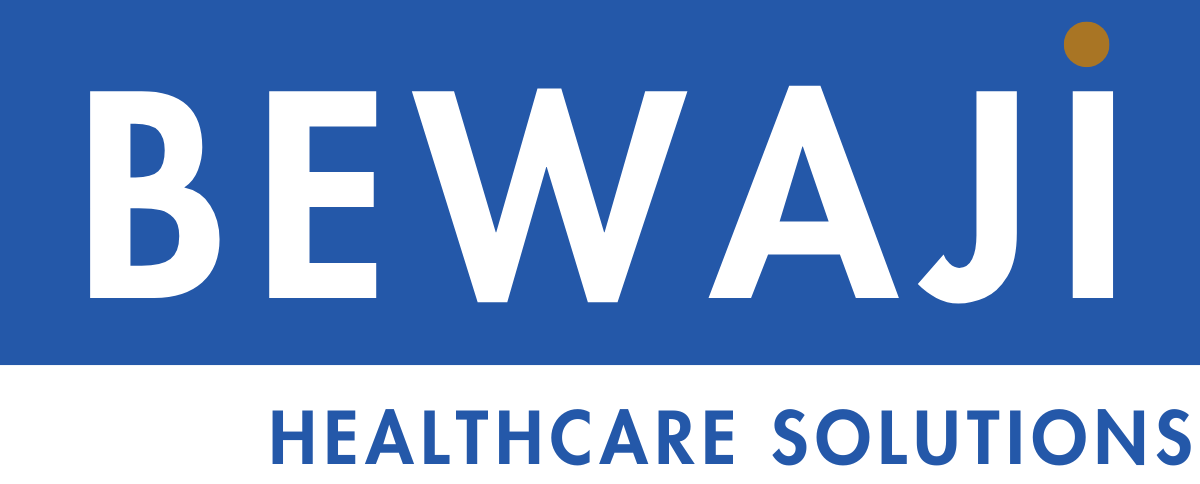Introduction
Artificial intelligence (AI) promises to enhance patient care and streamline operational efficiencies. AI’s transformative potential is vast, from predictive analytics to personalized treatment plans. However, these benefits come with a need for rigorous ethical AI in healthcare. This alignment ensures that AI systems meet user expectations and uphold broader societal values. Ensuring that AI in healthcare operates ethically and effectively is a dual challenge that involves navigating complex technical and normative landscapes.
Importance of Value Alignment
Value alignment in AI is crucial for maintaining trust and safety in healthcare. It involves ensuring that AI systems operate in ways consistent with the values and ethical standards of both users and society. Misalignment can lead to biased outcomes, reduced patient autonomy, and harm. Thus, aligning AI with ethical principles is both a technical challenge and a moral imperative.
Ensuring AI healthcare systems align with patient needs and societal values is crucial for achieving ethical and practical patient care. By addressing biases, maintaining transparency, and fostering autonomy, healthcare organizations can harness AI to improve outcomes while safeguarding against dependency and ethical breaches.
Ethical Challenges in AI Implementation
Ethical Standards and Patient Safety
AI systems in healthcare must prioritize ethical standards and patient safety to avoid harmful recommendations or decisions. A critical challenge is developing regulatory frameworks that ensure AI systems adhere to healthcare ethics. For instance, AI algorithms in diagnostic tools must be rigorously tested to prevent misdiagnoses that could jeopardize patient health.
Avoiding Bias and Ensuring Fairness
AI biases can lead to discriminatory practices in healthcare, such as unequal treatment based on race, gender, or socioeconomic status. To mitigate these biases, continuous monitoring and updating of AI training datasets is essential. This includes ensuring that datasets are diverse and representative of the patient populations they serve, thereby promoting fairness and equity in healthcare delivery.
Maintaining Patient Autonomy
AI systems that make decisions for patients can risk compromising their autonomy. Designing AI that encourages patient involvement in decision-making is essential, providing clear and understandable options and recommendations. This approach helps patients retain control over their healthcare choices, fostering trust and compliance with treatment plans.
Balancing AI Benefits and Dependency: AI in Healthcare
Balancing Autonomy and Dependence
While AI can enhance decision-making in healthcare, it is important to avoid creating over-dependence among patients and healthcare professionals. Encouraging a symbiotic relationship where AI assists rather than dictates decisions helps maintain critical thinking and autonomy. This balance ensures that healthcare providers and patients remain engaged and actively involved in the care process.
Ensuring Equitable Access to AI Technologies
Disparities in access to AI healthcare technologies can exacerbate existing inequalities in healthcare outcomes. Promoting policies that ensure equitable distribution and access to AI technologies across different socioeconomic groups is crucial. This includes making AI tools available to underserved populations to reduce healthcare disparities and improve overall health equity.
Societal Impact and Ethical Considerations: Healthcare AI Implementation
Addressing Societal Impact and Preventing Misuse
If misaligned, AI systems can be misused, leading to issues such as unauthorized data use or manipulation of health outcomes. Developing robust frameworks for the ethical use of AI in healthcare, with stringent data privacy measures and misuse prevention protocols, is essential. These frameworks should be designed to protect patient data and prevent unethical practices.
Ensuring Transparency and Accountability
Transparency in AI decision-making processes is critical for trust and accountability in healthcare. Implementing mechanisms that allow for auditing and reviewing AI decisions ensures that healthcare professionals can understand and challenge them if necessary. This transparency helps build confidence in AI systems and promotes ethical use.
AI Alignment Frameworks: AI in Patient Outcomes
Managing AI Misalignment Risks
AI systems can sometimes prioritize user preferences that may not align with broader healthcare goals, such as promoting long-term health over immediate comfort. Establishing guidelines that balance individual patient needs with public health objectives helps manage these risks. AI systems should be designed to consider both personal and societal impacts, ensuring comprehensive and balanced healthcare solutions.
Participatory and Democratic Approaches in AI Development
Determining which values to encode in AI can be complex, especially given diverse healthcare needs and perspectives. Involving a broad range of stakeholders, including patients, healthcare providers, and ethicists, in the development and ongoing adjustment of AI systems ensures they reflect a wide array of values and ethical considerations. This participatory approach promotes inclusivity and democratic decision-making in AI development.
Compliance with Human Rights and Ethical Standards
AI systems must align with healthcare standards and fundamental human rights. Developing AI healthcare systems that comply with international human rights laws and ethical standards is crucial for safeguarding the dignity and rights of all patients. This compliance ensures that AI contributes positively to healthcare without compromising individual freedoms or rights.
Advanced AI Assistants and Value Alignment
As AI becomes more integrated into healthcare, the risk of misalignment increases. Adopting frameworks like the “Helpful, Honest, and Harmless” (HHH) tailored for healthcare ensures that AI assistants provide reliable, accurate, and non-harmful advice and support. These frameworks, though limited, guide AI’s ethical development and deployment, promoting trust and effectiveness in healthcare applications.
Continuous Improvement of AI Frameworks
Existing AI alignment frameworks may not adequately address the complexities of real-world healthcare scenarios. Investing in ongoing research and development to refine AI frameworks is essential. This continuous improvement helps make AI more adaptable and responsive to the dynamic needs of healthcare environments, ensuring that AI systems remain relevant and effective over time.
Conclusion
Aligning AI systems with patient and societal values is critical for ethical and practical healthcare. By addressing biases, ensuring transparency, and fostering autonomy, healthcare organizations can harness AI’s benefits while avoiding pitfalls such as dependency and ethical breaches. Continuous refinement of AI frameworks and stakeholder involvement is essential for maintaining trust and effectiveness in AI healthcare applications.
Healthcare organizations must prioritize ethical AI implementation and remain vigilant in monitoring and improving AI practices. By doing so, they can ensure that AI technologies contribute positively to healthcare, enhancing patient outcomes and operational efficiency while upholding ethical standards.
In conclusion, the integration of AI in healthcare presents both opportunities and challenges. By focusing on ethical alignment and addressing potential biases, healthcare organizations can leverage AI to improve patient care and operational efficiencies, fostering a future where technology and healthcare work harmoniously for the betterment of society.

